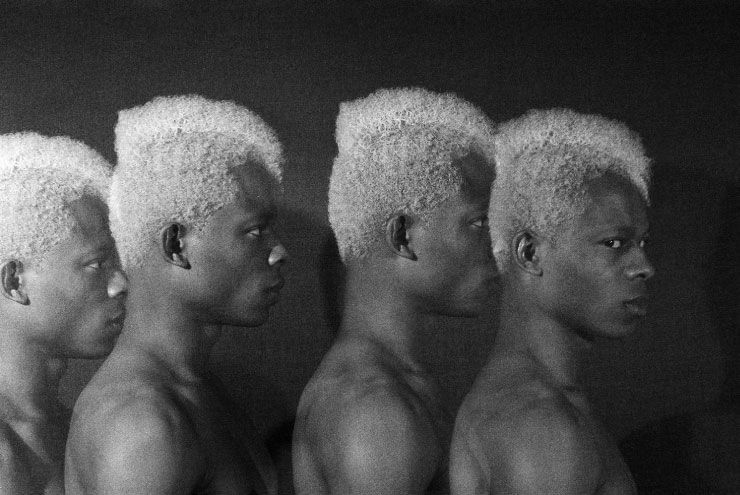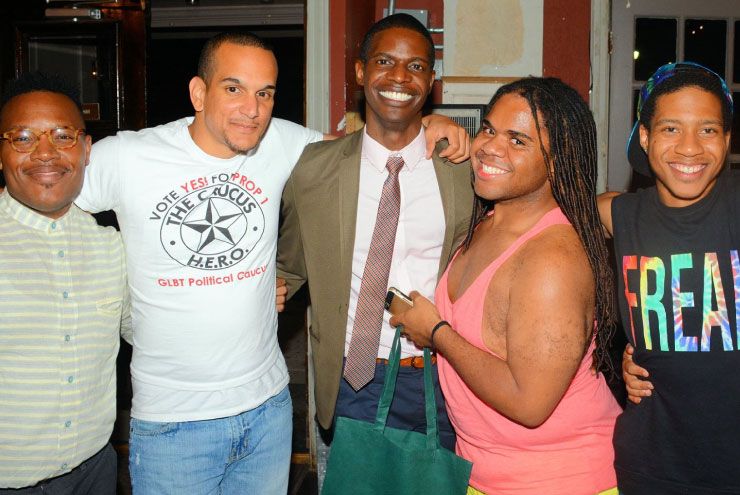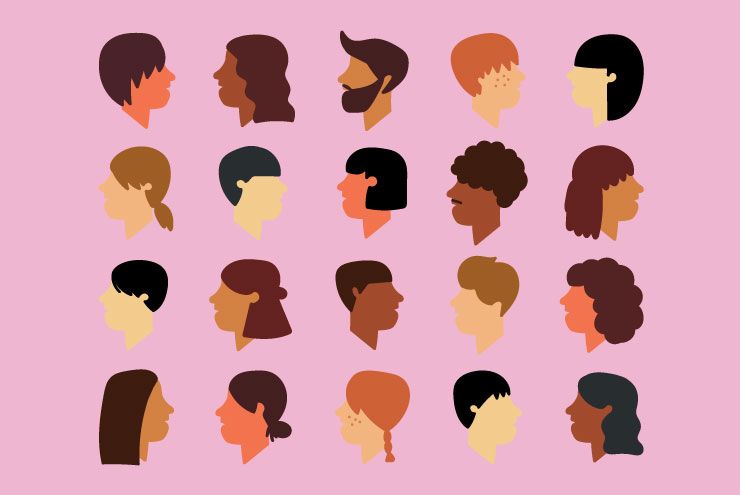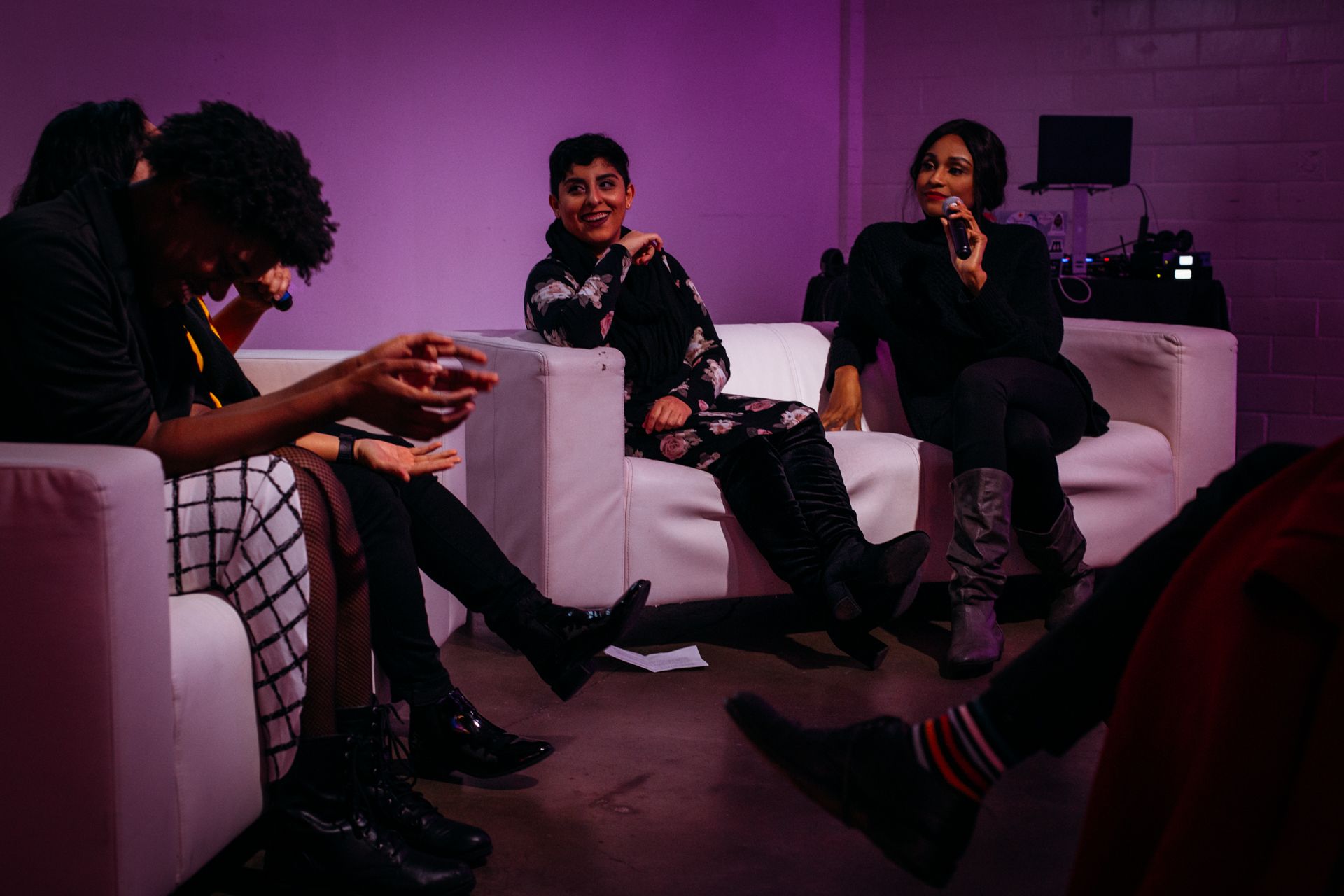By Joelle Bayaa-Uzuri
Photography, and the hierarchies that exist within the medium, have long been defined from a Western perspective. Accordingly, celebration and representation of the Black figure have largely been absent from museum collections, traditional gallery spaces, and other fine arts institutions. Houston’s FotoFest, the first and longest-running international biennial of photography and new media art in the United States, aims to confront and challenge “this shortsighted, albeit canonized lineage,” with this year’s exhibition, African Cosmologies: Photography, Time, and the Other.
The citywide, large-scale group exhibition, which kicks off March 8 and runs through April 19, 2020, examines the complex relationships that exist between contemporary life in Africa, the African diaspora, and how intersectionality connects colonialism, photography, and art with representation. “Succinctly,” the organization says, “it explores the very notions of Africa and Africanness beyond traditional geographic and historical lines.” Many of the featured artists bring a queer lens to this year’s theme, exploring how queerness intertwines with the African diaspora and modern Black identity—a topic too often left out of art dialogue.
The African diaspora is defined as the mass, forced dispersion of African people from their native countries to various parts of the world through the transatlantic slave trade from the 16th through 19th centuries. The diaspora displaced millions of African people, relocating and enslaving them throughout the Americas and the Caribbean. Descendants of the African diaspora include, but are not limited to African Americans, Afro-Caribbean people, and Black Canadians.
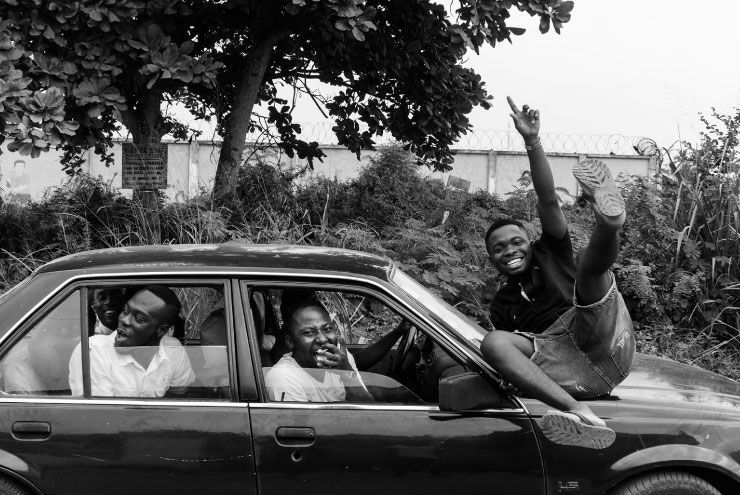
While the slave trade was practiced well before the 16th century (documentation shows that Arab peoples were trading slaves as far back as the 8th century), the transatlantic slave trade, propagated mostly by Europeans, was by far the largest enslavement and forced migration ever recorded. Whole cultures were devastated by displacement. African society, customs, and ways of life were disrupted or destroyed.
While the historical definition of the African diaspora speaks to the account of African enslavement, the more modern association is used in reference to the plight and challenges African descendants have continued to face since the times of the slave trade. Moreover, the diaspora has become a movement of liberation that opposes the implications of racialization.
Displacement of people, as seen in the African diaspora, often means the displacement of rich history and culture as well. This includes Africa’s long history and embrace of queerness and gender non-conformity. Nzinga, the 16th-century leader of Angola, ruled dressed in men’s clothes and had a harem of men dressed in women’s clothing. Queer gods and spirits were prevalent as well. As Shanna Collins notes, “African spiritual beliefs in intersexual deities and sex/gender transformation among their followers have been documented among the Akan, Kimbundu, Konso, Lamba, Lango, Luba, Ovimbundu, Rundi, Shona-Karonga, Venda, Vili-Kongo, and Yoruba.”
European colonialism and imperialism forever changed this history, forcing rigid cis-heteronormativity and gender roles onto the African people. Queerness and its public expression became shunned, and even outlawed, in many countries. Homosexuality is currently illegal in more than 30 African countries and punishable by death in four. As recent as 2014, Nigerian President Goodluck Johnathon signed a bill against gay relationships, effectively outlawing gay marriage and LGBTQ public displays of affection. That same year, Ugandan President Yoweri Museveni refused to sign an anti-gay bill, but still referred to queer people as “abnormal.”
The artists featured in FotoFest’s African Cosmologies, including Rotimi Fani-Kayode (Nigeria), Eric Gyamfi (Ghana), Zanele Muholi (South Africa), and Houston-based artist leo (who is producing a collaborative work with artist Shobun Baile), choose to confront the harsh homophobic and transphobic realities that exist within the African diaspora by deconstructing those notions in a way that defies and challenges traditional ideas of race, gender, and sexuality.
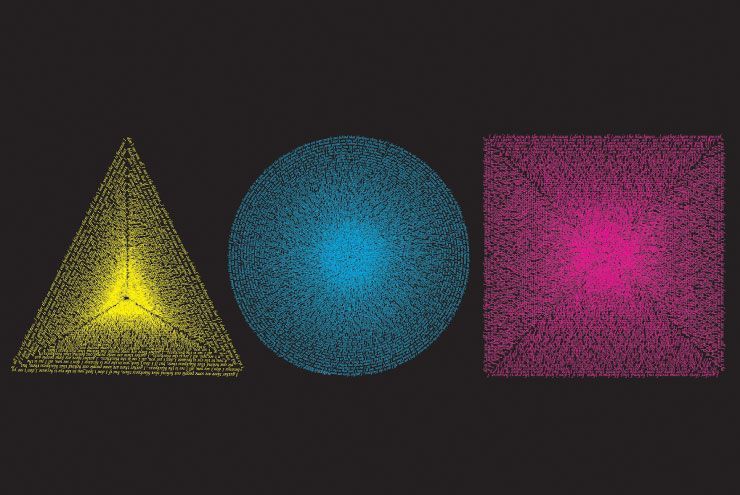
Artists leo and Shobun Baile present the piece If I don’t look you in the eye, a play on composition and happenings in the photography world. The work, as leo describes, centers the look and feel of physical, human connections. A performance artist originally from Berlin, leo was invited to take part in FotoFest through connections in his Core Program at the Museum of Fine Arts, Houston. Their work for African Cosmologies, leo says, is “inspired by history. [It] feels like the history of the transatlantic forced migrations is always with us, and can be related to current social issues with immigration and forced migration.”
FotoFest’s African Cosmologies brings vital representations of African queerness to the forefront. The exhibition’s images of cultures transformed at the hands of European colonialism and cis-heteronormativity magnificently draw the connections between African queerness and the diaspora, allowing for Black LGBTQ communities to better understand their history, to reclaim their roots, and to take pride in these self-visualizations.
FotoFest’s African Cosmologies is on view across Houston March 8–April 19, 2020. For more information, visit fotofest.org/biennial2020.


